Motorsports
F1 Expert Christian Danner: “It’s Going to be Awfully Fun to Watch”
Pre-season testing is over, the first practice in Melbourne is less than one week away. An exciting new era of Formula 1 racing is about to begin. In part 1 of a 3-part interview, DHL’s F1 Expert and former F1 driver, Christian Danner, gives us a backstage preview of the rule changes he describes as “way beyond significant.”
DHL: The 2014 Formula 1 season is revving up to be an exciting one, not least of which due to all the technical changes. Some say that F1 basically ripped up the rulebook for 2014 and others that these are biggest revisions to the Formula 1 technical regulations in living memory. Is it really that big?
Christian Danner: Yes it is and I’ll tell you why: We’re really moving forward with a totally new technology as far as the race car power units are concerned. Sure the engines have been changed over the years – we went from ten to eight cylinders, from atmospheric and turbocharged to normally aspirated, from 3.5 to 3 liters, and so on. All that was kind of fairly standard technical advancement, but now we have made a giant leap into a hybrid system in the racing car that has never existed before. So, yes I agree, it is really that big.
“With so many technical changes it’s going to be exceptionally interesting to see who can actually cope with the cars best. It’s going to be awfully fun to watch.”
DHL: So we’re in for an exciting season?
Danner: Definitely. I mean, with so many technical changes it’s going to be exceptionally interesting to see who can actually cope with the cars best. It’s going to be awfully fun to watch
DHL: Can you elaborate a little more on what exactly has been changed this year?
Danner: Well you see, for the past decade or so we’ve had a 2.4 liter V8 normally aspirated engine plus later the KERS system – which was an electrical device that boosted the power of the engine with about 70-80 extra horsepower for seven seconds per lap. Now we’re moving to (#1) a turbocharged engine, (#2) a smaller 1.6 liter V6 and (#3) what’s now simply being called ERS for energy recovery system. Though smaller, the new power units – that’s what they’re calling the engine combined with ERS – should be able to put out about 600 brake horsepower (bhp). And unlike KERS, which boosted the cars with another 80bhp for about seven seconds a lap, ERS – basically an electric motor – gives the car an extra 160bhp for 33 seconds a lap. That is a lot more than ever before – it’s not just a little boost any more, it’s a substantial part of the engine performance.
DHL: Sounds like this will have a significant impact on the season.
Danner: No, it’s not going to have a significant impact. It’s way beyond significant. It’s the single most important part of the racing car this season. You see, up to now if KERS failed you could still win the race running the normally aspirated engine – that was it. This year, if the electric parts on the power unit fail, the motor will stop and your race is over. So it is much more than simply significant – it is absolutely vital to have the electric power available at all times. It’s an incredible change – it’s just very very different.
I mean, think about it this way: 160bhp available for 33 seconds a lap. A standard lap time is between 1 min 30 sec and 1 min 40 sec – so you’re talking about extra power for a substantial part of the lap. And it’s not just a little bit –160bhp is huge.
The Mercedes-Benz engine is about a light year ahead of the Ferrari, and the Ferrari is another light year ahead of the Renault.
DHL: And ERS can be used anywhere this year, right?
Danner: Yes, that’s right.
DHL: So does that mean we are going to see more passing maneuvers this year?
Danner: Not necessarily. After watching the pre-season testing at Jerez and Sakhir, we have a pretty clear picture of the performance of the engines. The Mercedes-Benz engine is about a light year ahead of the Ferrari, and the Ferrari is another light year ahead of the Renault. So if two Mercedes engines are going head to head, then the overtaking capabilities are almost the same as last year. We still have the DRS – the drag reduction system – so that’s not going to be a big issue, but it will be all right.
The other cars, well let’s just say at this point it looks like they won’t even be able to catch the Mercedes, let alone pass it.
DHL: Speaking of the pre-seasons test and the fact that most of the teams are lagging behind, do you think Red Bull and some of the others are going to be able to catch up before the first race?
Danner: Well, let’s put it this way. In the past when new regulations were introduced it was always a race toward the ends of the season – everyone was playing catch-up to those teams who mastered the new regulations early on. What we are seeing now is that many teams are struggling tremendously to implement the new technology. So catching up requires an incredible effort. This is something that is really different from the past, because in the past the engines were all very similar the differences less significant.
In the past, the aerodynamic performance of the car was the most significant. Because all the engines were pretty much the same, so Ferrari and Mercedes and others were all pretty close in terms of car performance. Now it is clearly different and it means that particularly at the beginning of the year we will have a clear engine hierarchy and not a chassis hierarchy on the grid.
DHL: But are we going to see something similar to 2009 when we watched teams find themselves in the first few races and then things evened out a little bit?
Danner: Reliability is going to be a big issue on the engine side. The power unit is no longer just an engine and KERS but a whole bunch of equipment, battery packs, cables and PCUs – it’s all very complicated and requires a lot of cooling. There are so many things that can go wrong that I do expect quite a lot of retirements in the first half of the season.
And keep pace with all the motorsports action, delivered by DHL right here at DHL InMotion.

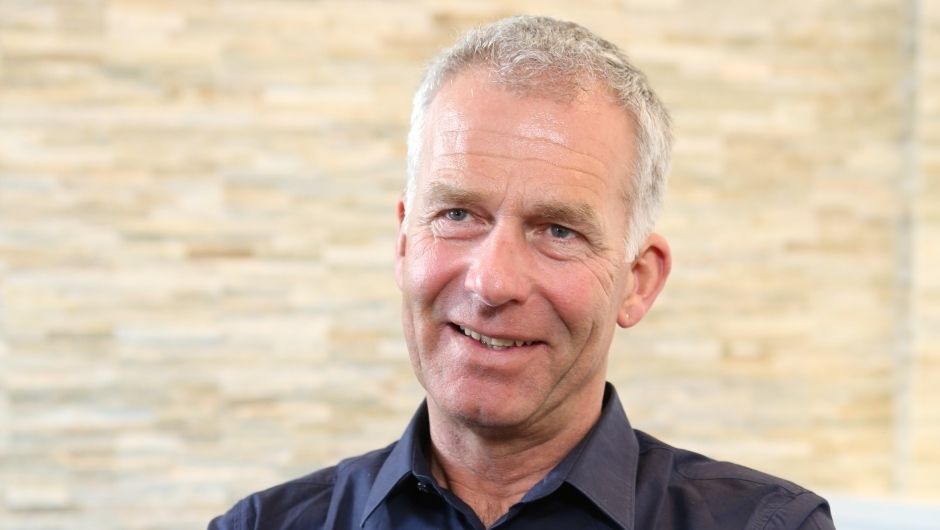
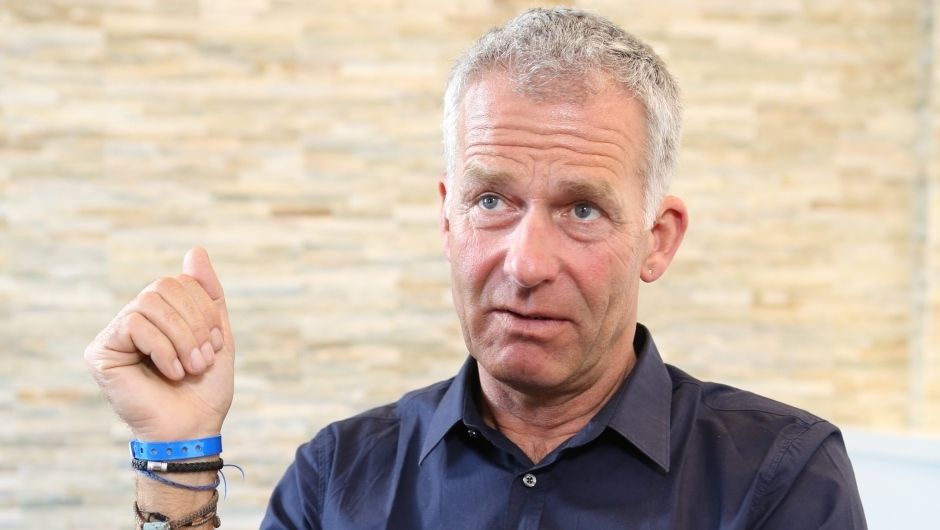
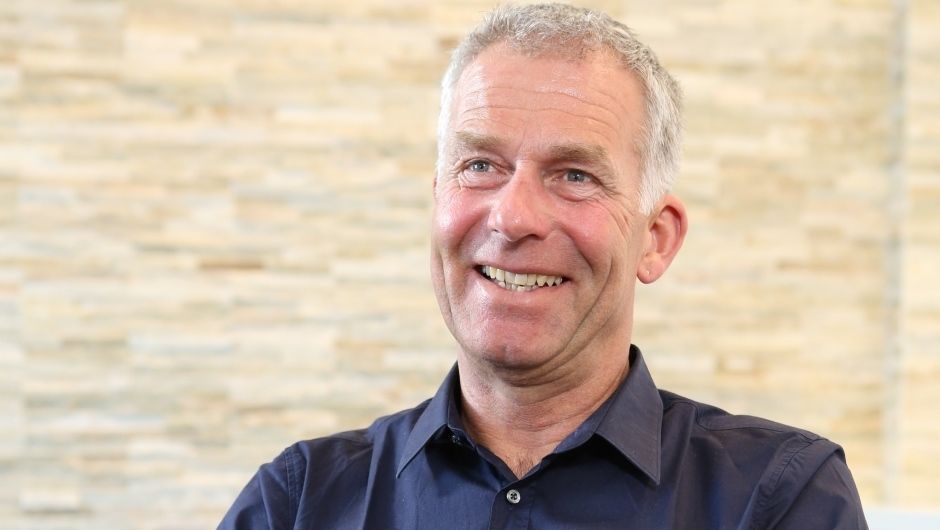
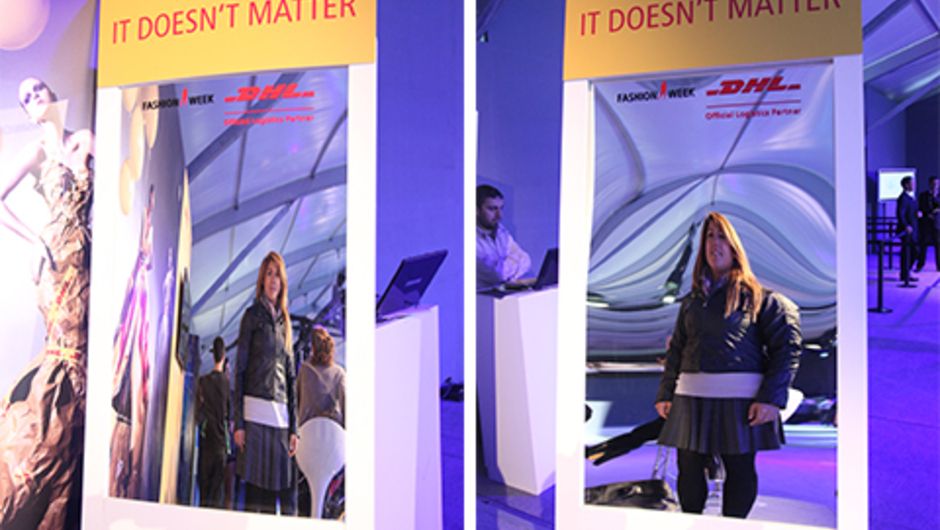
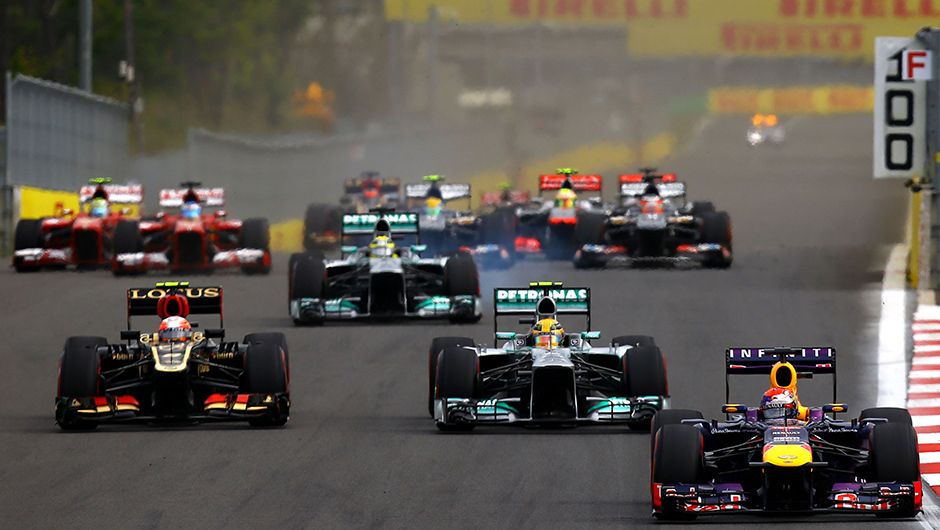
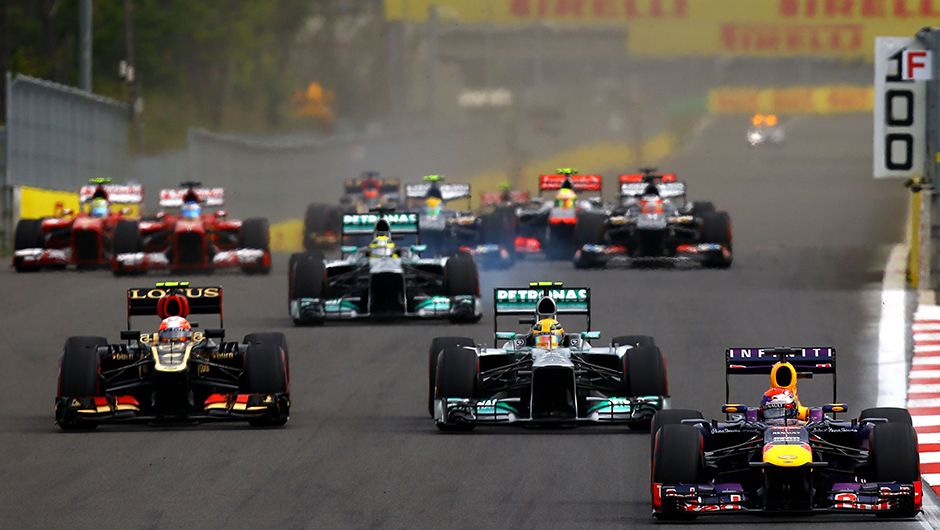
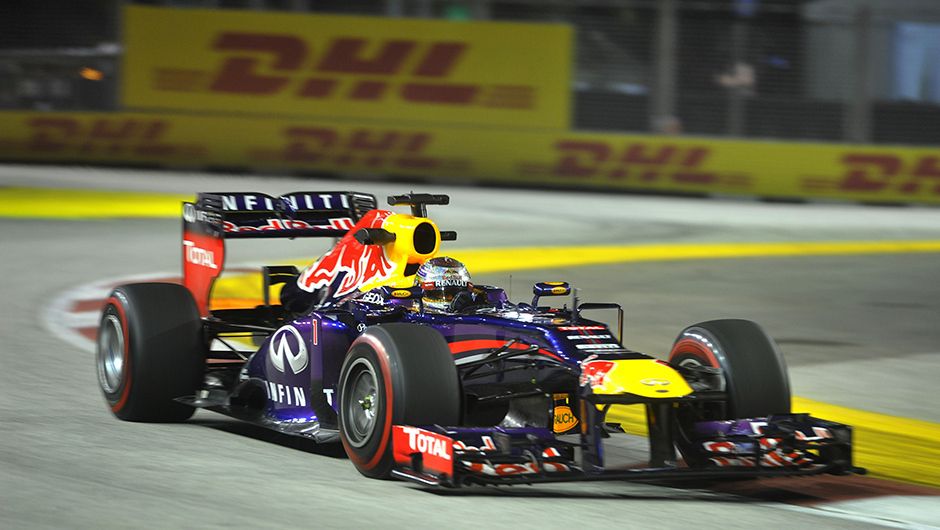
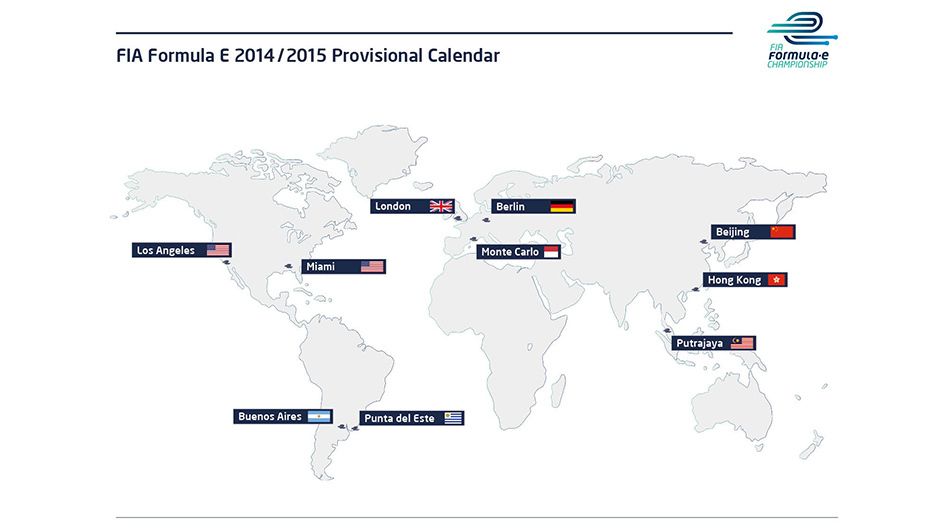
Content from disqus has been blocked because you did not allow to load it.
Loading the blocked content will adjust your privacy setting and content from this service will not be blocked in the future.
You have the right to revoke or change your decision at any time.
Posting Guidelines
All communications on Logistics of Things should be appropriate for a professional community, respecting the diverse views of individuals from different backgrounds. We will review all comments and reserve the right to terminate or restrict access to user's account and to delete any content posted through it, without notice and at our discretion, if we deem it to be overly promotional, offensive, or off topic.
All posting become property of DHL.